The Promise API doesn't have a chainable timeout option, but in Steve Sanderson's presentation at NDC Conference (at 15:31 here https://www.youtube.com/watch?v=9G8HEDI3K6s&feature=youtu.be&t=15m31s), he presented an elegant chainable timeout on the fetch API. It looks like this:
The great thing about this approach is that the resolve handler still completed (e.g. the response was still put into cache) even after the timeout. He demo'd this during his presentation (and available at the YouTube link above). Anyone know how this chainable timeout was implemented?
